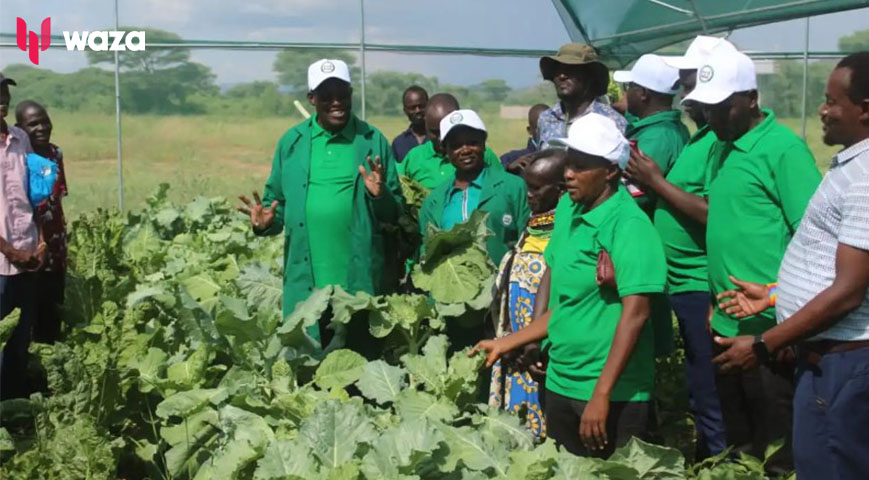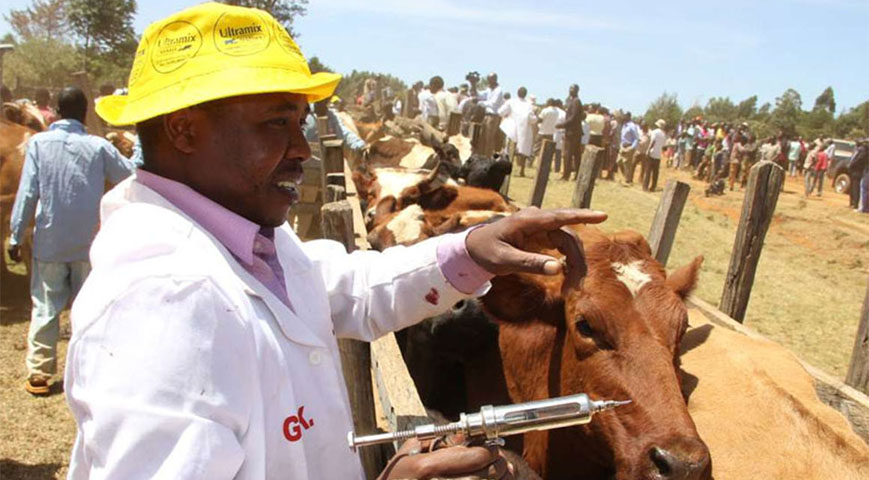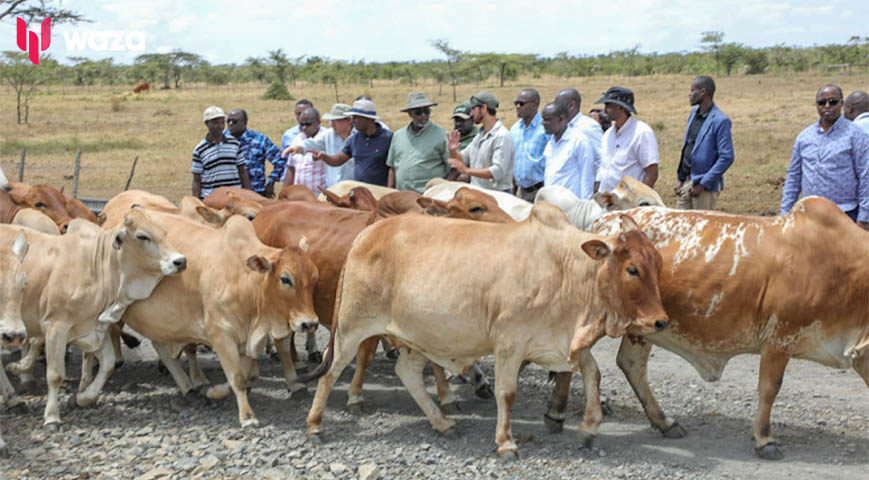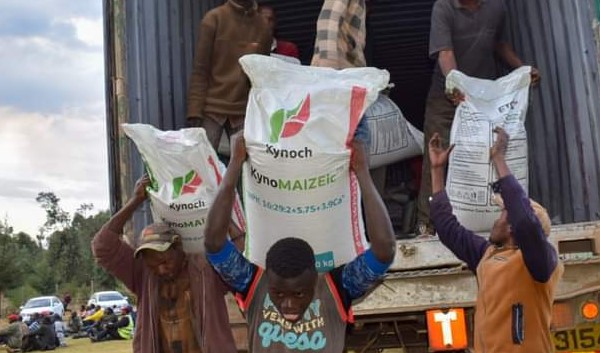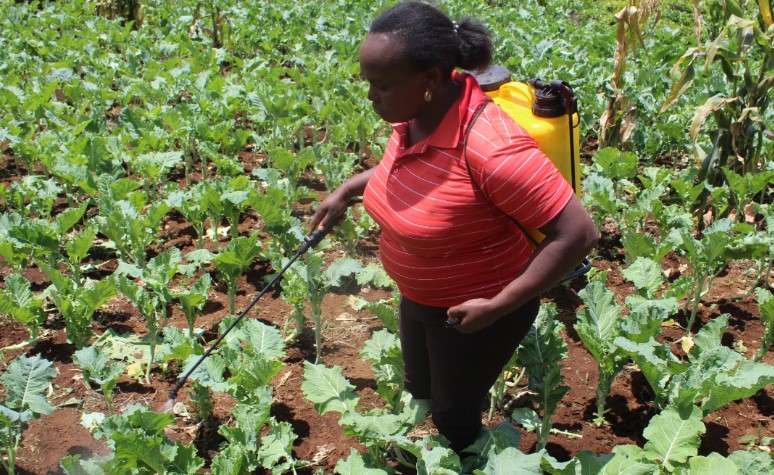The governor of Baringo, Benjamin Cheboi, has pledged to lead an effort to provide high-quality coffee seedlings to all of the county's coffee-potential locations.
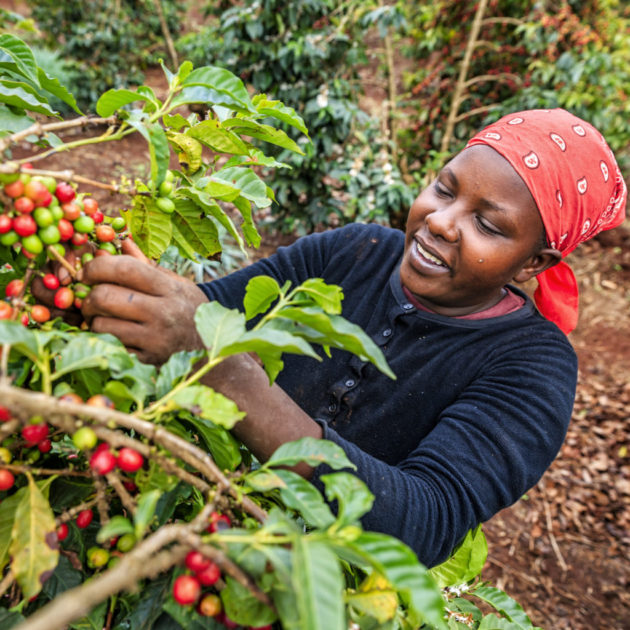
Governor Cheboi declared his administration's commitment to boosting the wealth of regional farmers and protecting them from dishonest people who might want to take advantage of them while officiating at the official launch of 500,000 subsidized coffee seedlings at the Baringo Cha Coffee Mill at Katimok in Baringo North.
The Baringo CEO claimed that he aimed to have farmers from all six sub-counties control the market by setting the price and choosing the buyers.
We now have a direct market to South Korea and other regions of Europe. Therefore we want to collect as many seedlings as possible for our farmers to sow.
Did you read this?
Cheboi claimed that the dream would only come true if all the interested parties worked together to promote the wealthy industry.
"We want to boost the yields of each coffee bush to 12 kg, and we can only do that if we practice proper crop husbandry with the assistance of our extension officers, who will work side by side with farmers to provide guidance on best practices," he said.
.jpg)
As a Korean investor, Rev. Cha Bo Yong said Baringo had tremendous potential to become a worldwide powerhouse and urged locals to change their mindsets and seize possibilities.
"Baringo is neither underdeveloped nor destitute. Let's shift our perspective because so many options are available, and he advised the locals.
The investor who worked with the administration of Baringo county to establish an Sh100 million coffee plant urged local farmers to take advantage of the cash crop because it is close by and offers a direct connection to markets worldwide.
According to County Executive Committee (CEC) for Agriculture member Risper Chepkonga, the supplied seedlings are from recognized cooperative organizations to ensure high-quality production.
Chepkonga noted that her division had created a planting guide handbook to give local smallholder farmers the necessary data.
Mark Yatich, the outgoing chairwoman of the Tugen Hills Cooperative Society, whose organization is home to the milling facility, urged farmers to expand the area used to grow coffee to maintain the machine's longevity.
Despite having the capacity to mill 10 tonnes daily, he pointed out that the factory's first year of operation saw it fall short of its potential due to a lack of raw materials.
"We only succeeded in grinding 90 tons of coffee in our first milling last year, and based on the mill's capabilities, that could only take nine hours or less," he said.
Yatich expressed optimism that things will change in the next two to three years after the county administration and other partners start providing farmers with high-quality seedlings at a reduced cost.


